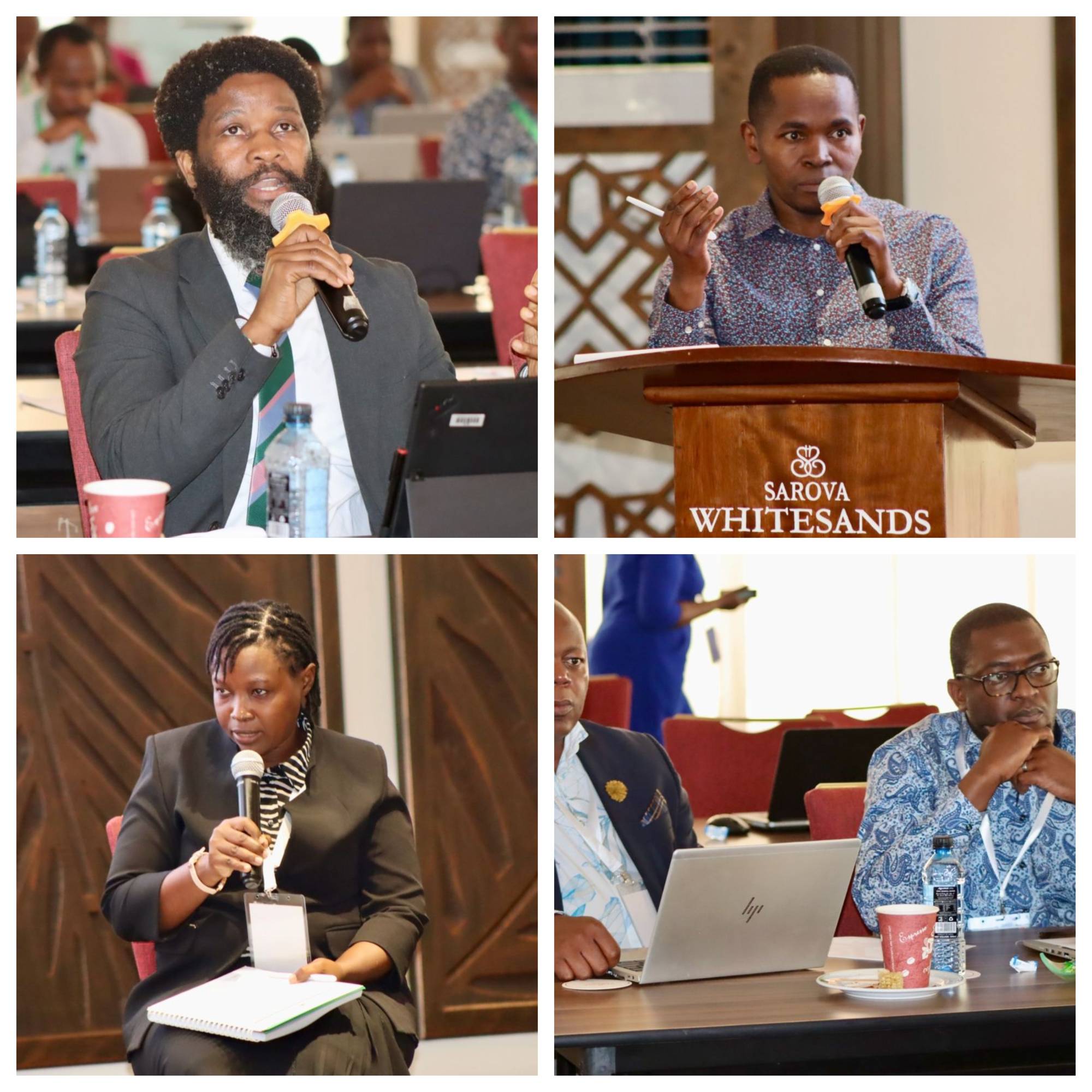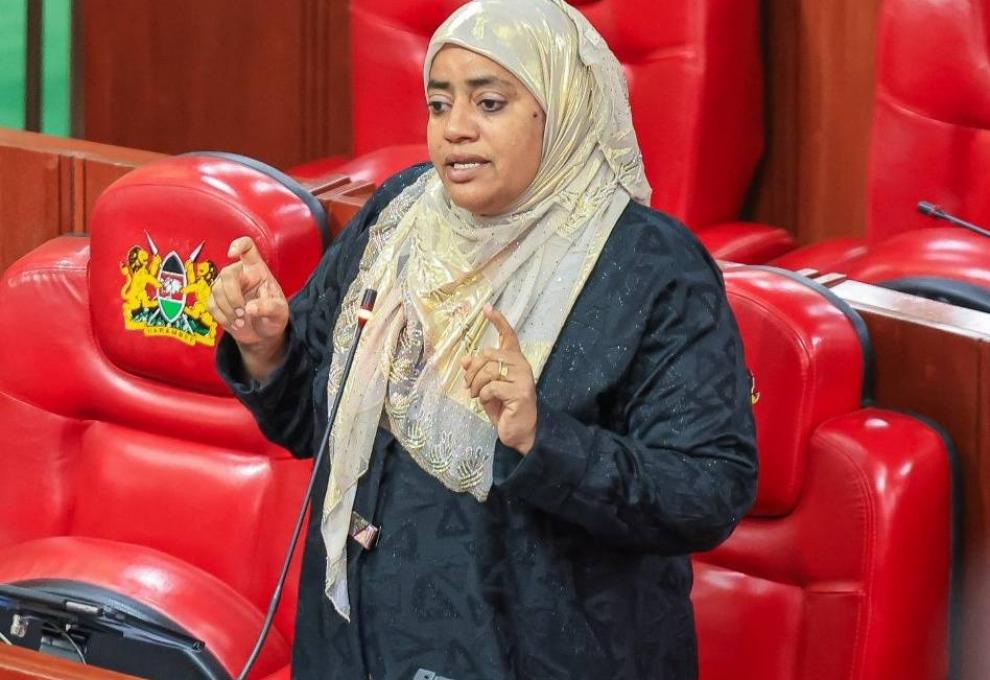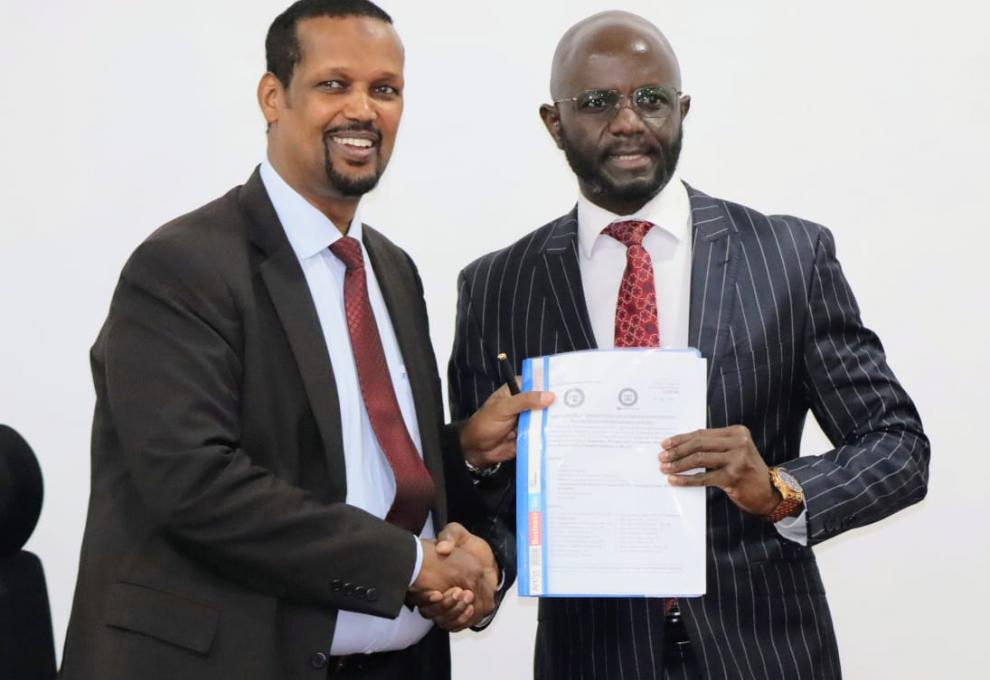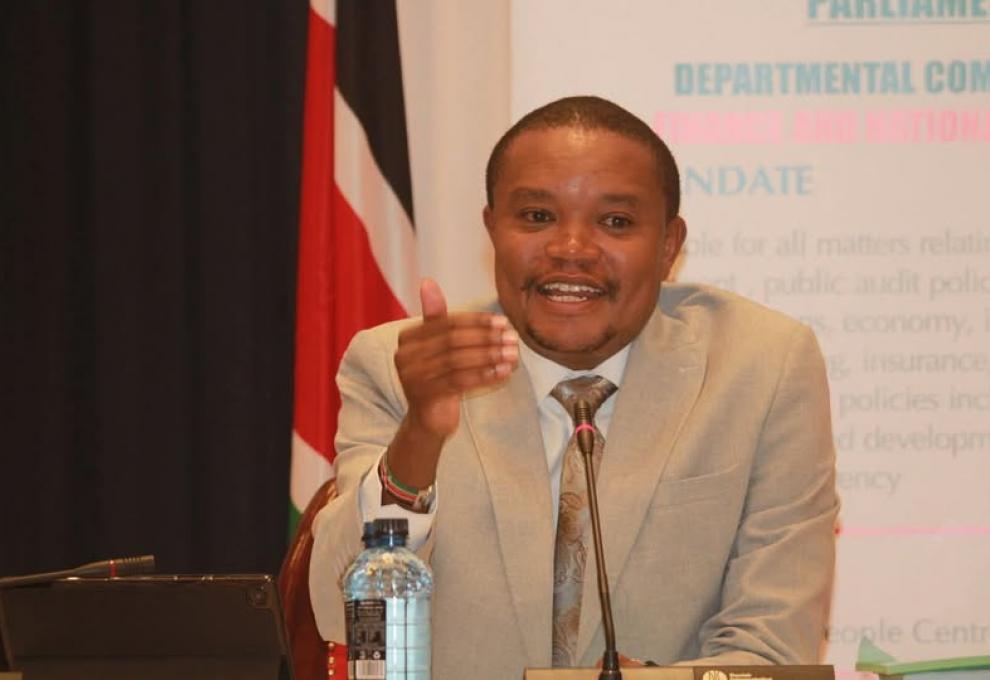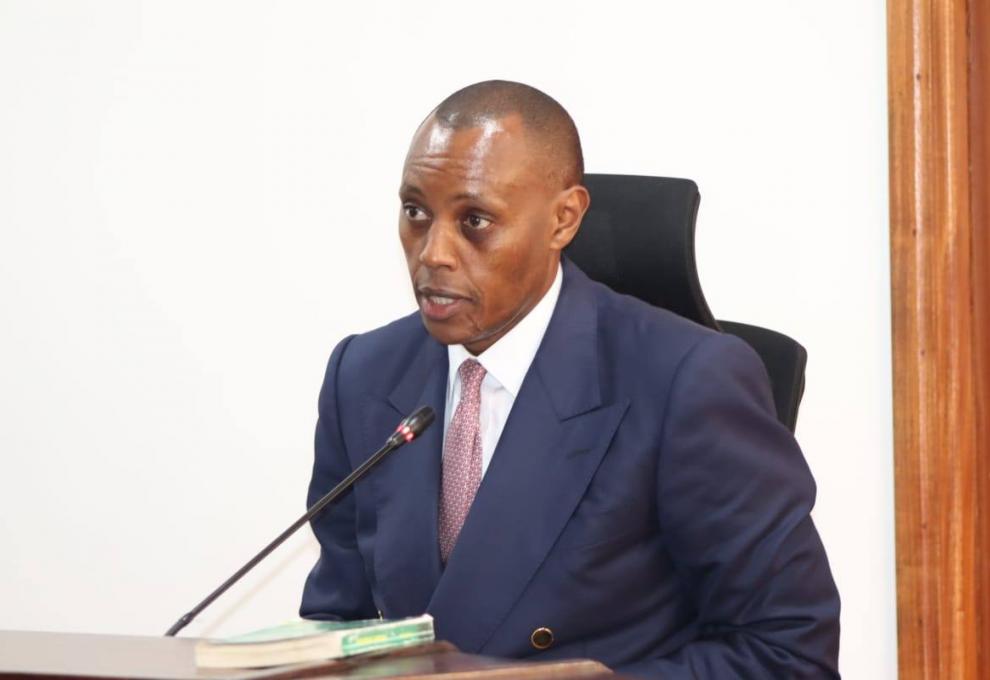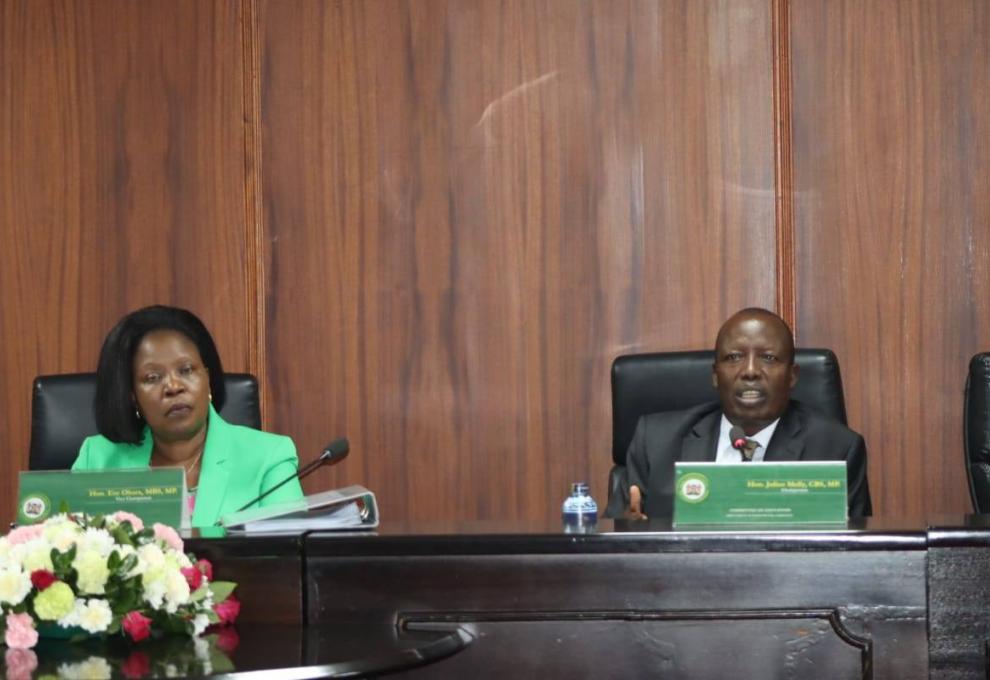𝐏𝐀𝐑𝐋𝐈𝐀𝐌𝐄𝐍𝐓𝐀𝐑𝐘 𝐁𝐔𝐃𝐆𝐄𝐓 𝐎𝐅𝐅𝐈𝐂𝐄𝐑𝐒 𝐃𝐈𝐒𝐂𝐔𝐒𝐒 𝐒𝐓𝐑𝐀𝐓𝐄𝐆𝐈𝐄𝐒 𝐅𝐎𝐑 𝐑𝐄𝐒𝐓𝐎𝐑𝐈𝐍𝐆 𝐅𝐈𝐒𝐂𝐀𝐋 𝐒𝐔𝐒𝐓𝐀𝐈𝐍𝐀𝐁𝐈𝐋𝐈𝐓𝐘
The forum for the African Network of Parliamentary Budget Offices has called for strategic planning of fiscal structures as a means to restore sustainability as world economies continue to be hit by uncertainties.
Cognizant that many countries have seen a decline in the state of public finances over the past few years as a result of the Covid-19 pandemic and economic instabilities, the forum elected to focus on practical strategies for managing public debt and fiscal sustainability in times of uncertainty.
In the deliberations which formed the key agenda for the second day of the ongoing 6th Annual conference for the African Network of Parliamentary Budget Offices (AN-PBO), delegates drawn from different nations shared their perspectives on how to manage Africa’s growing public debt including refinancing debts, prompt repayment of debts, and restructuring.
Further, the Parliamentary Budget Officers considered ways of reducing the gap between revenue and expenditure and sought solutions for improving the continent’s exports so as to strengthen African currencies, and thus, reducing the cost of repaying foreign debt.
Sharing his perspectives on Kenya, the Deputy Director, PBO, Mr. Robert Nyaga, cited some of the key drivers of public debt including the need for better infrastructure such as roads, persistent low growth of financed projects, cheap global finances that keep recurring, spending programs and tax policies by the Government that are not quite credible, and lack of economic foresight that can avert any public debt crisis.
Mr. Misael Fitzgerald Kateshi, the head of PBO in Zambia, told the forum that his Government had developed a plan to achieve fiscal sustainability, whereby a combination of measures including enhancements in domestic resource mobilisation through interventions in tax policy; expenditure rationalisation through significant reforms on subsidies, particularly in the energy and agriculture sectors, and debt restructuring through extended maturity of existing debt, reduced interest rates, and deferred principal repayments, will be pursued.
The forum also got a viewpoint on the new fiscal framework established by Brazil. Ms. Vilma da Conceição Pinto, a Brazilian Independent Fiscal Institution – Federal Senate, told the participants that the framework requires the President of the Republic to submit to the National Congress by August 31, 2023. The Bill is aimed at establishing a sustainable fiscal regime to ensure the macroeconomic stability of the Country.
She further explained that the Brazilian law envisages creation of adequate conditions for socioeconomic growth.
“The new fiscal framework intends to limit primary expenses to 70 percent of real revenue growth, to generate real primary expenditure growth between 0.6 percent and 2.5 percent of the Gross Domestic Product (GDP)”, she explained.
Ms. Janet Mataka, the Principal Economist, PBO Uganda, told the forum that her Country had instituted strong Public Finance Management systems including processes of approving supplementary and excess expenditures.
“We monitor what is the cost of the debt we are having and focus on the interest rates. We also also focus on the refinancing structure, where we look at how much debt is maturing in one year both for foreign and domestic debts. This is because each has its implications, and we also avoid having more than 80 percent of our debts in foreign currency due to the exchange rates,” Ms. Mataka submitted.



